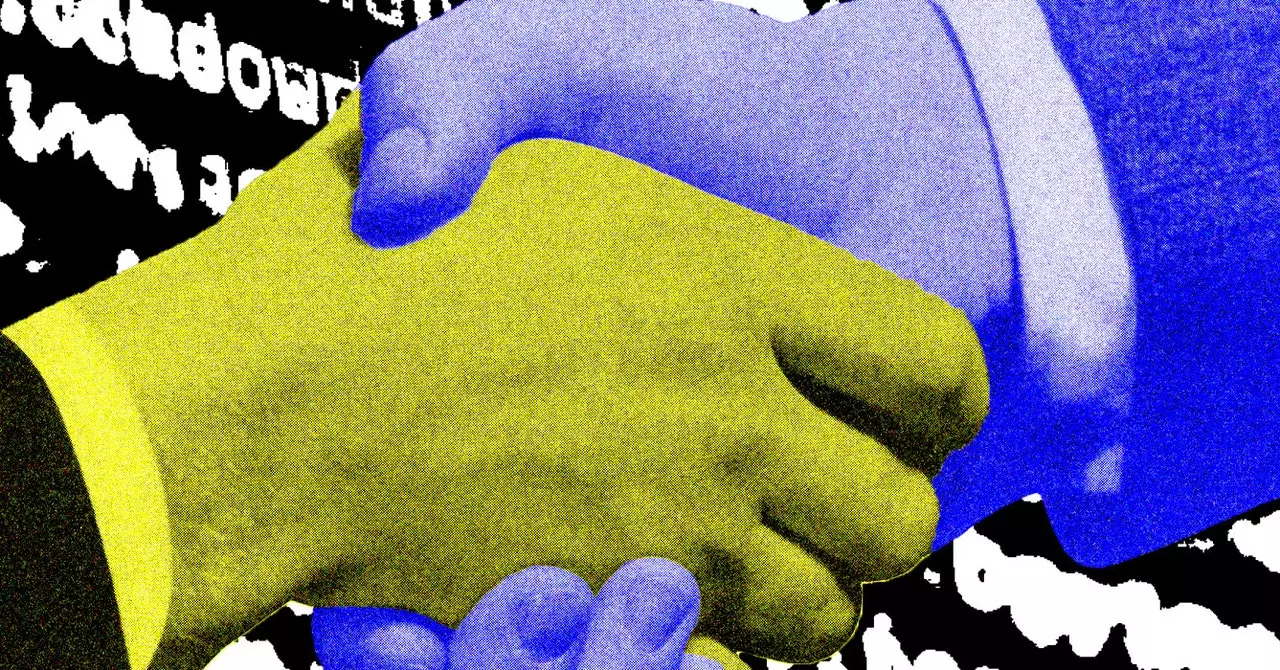The landscape of data licensing for AI training has been shifting significantly in recent years. What began as a free-for-all where AI tools were trained on any publicly available data scraped from the internet has now evolved into a more restrictive and regulated environment. The rise of licensing startups and the formation of trade groups like the Dataset Providers Alliance are signaling a new era for the AI industry.
The Dataset Providers Alliance, a newly formed trade group composed of seven AI licensing companies, is advocating for an opt-in system when it comes to using data for AI training. This represents a departure from the current opt-out systems employed by many major AI companies. The alliance believes that data should only be used with explicit consent from creators and rights holders, a stance that is being hailed as more ethical by industry experts.
Industry veterans like Ed Newton-Rex and Shayne Longpre have expressed their support for the DPA’s opt-in approach, citing the unfairness of opt-out systems and the admirable effort to source data ethically. However, concerns have been raised about the feasibility of the opt-in standard, especially given the large volume of data required by modern AI models. The potential implications of data scarcity or high licensing costs could pose challenges for smaller players in the industry.
The Future of Data Licensing
In its position paper, the DPA has come out against government-mandated licensing, instead advocating for a free-market approach where data originators and AI companies negotiate directly. The alliance has also proposed five potential compensation structures to ensure that creators and rights holders are fairly compensated for their data. These models, ranging from subscription-based to outcome-based licensing, aim to provide flexibility for various types of data, from music to images to film and TV content.
The evolving landscape of data licensing in the AI industry is shaping the way AI tools are trained and developed. The push for ethical practices and fair compensation for data creators is a step towards creating a more standardized and morally upright industry. While challenges remain in implementing opt-in systems and negotiating fair terms between data originators and AI companies, the efforts of trade groups like the Dataset Providers Alliance signify a positive direction for the future of AI data licensing.


Leave a Reply